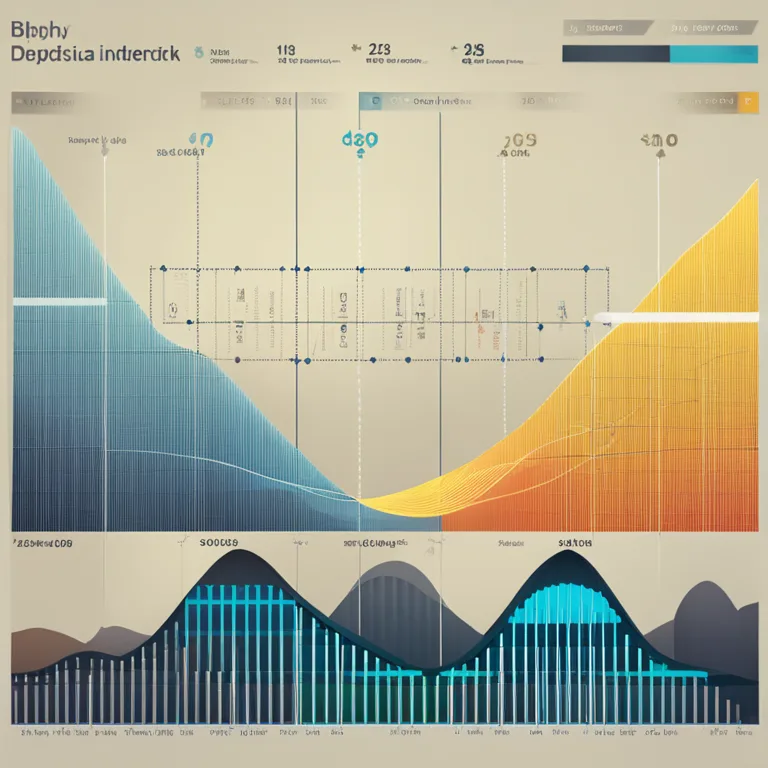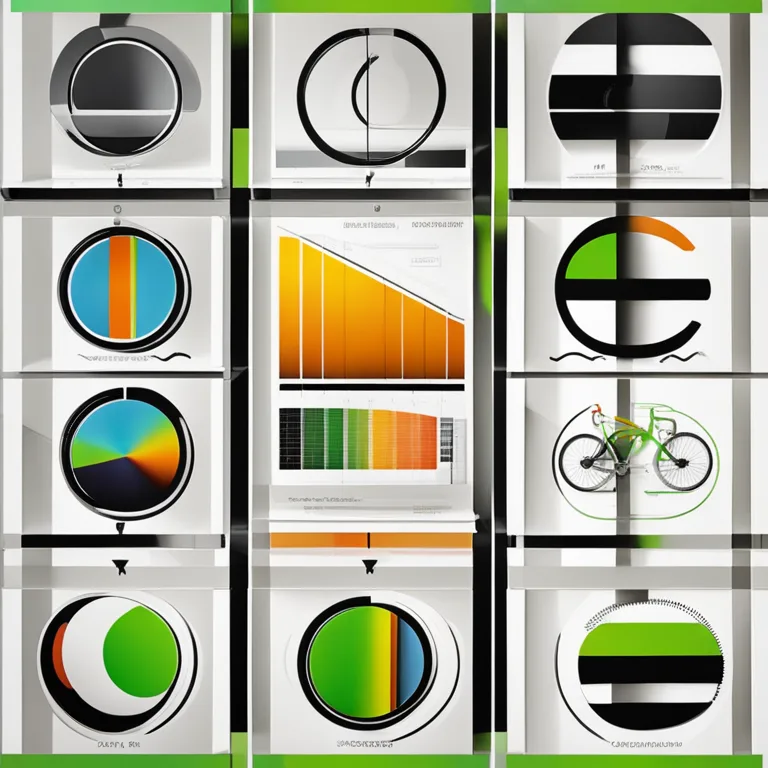
Life Rhythms: A Guide to Biorhythms
Discover the concept of biorhythms: biological cycles shaping our physical, emotional, and intellectual states, influencing daily life and wellbeing.
article by Adrian Wallace
Introduction to Biorhythms
Biorhythms are a complex idea rooted in the belief that our lives are guided by natural physiological cycles. They are intrinsic rhythms thought to affect our physical, emotional, and intellectual spheres. The concept, first introduced in the late 19th century, has since been a subject of curiosity and sometimes skepticism. It posits that from the moment of birth, we begin to experience regular cycles that impact our daily capacities and moods. As society grows increasingly interested in personal well-being and self-optimization, understanding biorhythms could prove invaluable for enhancing one's quality of life.

Biorhythms: A Three-Cycle Model
The biorhythmic model is traditionally broken down into three primary cycles: physical (23 days), emotional (28 days), and intellectual (33 days). Each cycle is said to oscillate between positive and negative phases influencing our stamina, mood, and mental acuity respectively. Proponents of biorhythms suggest that by tracking these patterns, one can forecast periods of high performance or potential challenges, allowing for better planning and decision-making in personal and professional spheres.

Physical Cycle Insights
The physical cycle is believed to govern aspects such as strength, coordination, and overall vitality. When the cycle is in its positive phase, physical endurance and resistance to disease may be heightened. Conversely, during the negative phase, one might feel physically drained or more prone to illness. Recognizing these phases could help in scheduling demanding tasks or training during the peaks, while allocating rest during the troughs.

Emotional Cycle Considerations
The emotional cycle theoretically influences our state of mind, including feelings of happiness, creativity, and sensitivity. During the upward swing of the cycle, individuals may feel more optimistic and harmonious. When the cycle dips, it might lead to emotional instability or a lack of enthusiasm. By being aware of the emotional biorhythm, individuals can attempt to navigate relationships and emotional commitments more effectively.

Intellectual Cycle and Mental Performance
Lastly, the intellectual cycle is thought to affect cognitive functions such as analysis, logic, and memory. Its positive phase could be synonymous with heightened mental capabilities, making it an opportune time for learning and problem-solving. Conversely, during its low phase, mental fatigue and indecisiveness could become more prominent. Knowledge of one's intellectual cycle could potentially be leveraged to plan intellectually demanding activities when clarity and sharpness peak.
Practical Applications and Technology
In modern times, thanks to advancements in technology, tracking biorhythms has become more accessible. A variety of apps and online platforms now offer personalized biorhythm charts based on an individual’s date of birth. While biorhythms are not universally accepted within the scientific community, they have found a niche following among enthusiasts seeking to synchronize their activities with their personal cycles for perceived improved outcomes.
Critical Perspective and Future Outlook
It’s important to note that scientific consensus on the validity of biorhythms remains elusive. Critics argue that there’s a lack of empirical evidence supporting biorhythmic models and caution against overreliance on these patterns. Nonetheless, the dialogue between holistic practices and science continues to evolve, and ongoing research into circadian rhythms and chronobiology lends credence to the idea that timing in biological processes is crucial. Future studies may uncover more about how these cycles and similar concepts apply to our lives.
Published: 12/28/2023
Modified: 12/28/2023
More predictions
Come back here soon to learn more about yourself and your future


Biorhythm Compatibility & Birthdays
Discover the intriguing connection between your birthday biorhythms and relationship harmony in our insightful article.


The Reality Of Biorhythm Compatibility
Unravel the truth behind biorhythm compatibility and its role in personal relationships and daily life.


Biorhythm Theory: Fact Or Fallacy?
Explore the fascinating concept of biorhythms to discern if there's any scientific accuracy behind this popular belief.